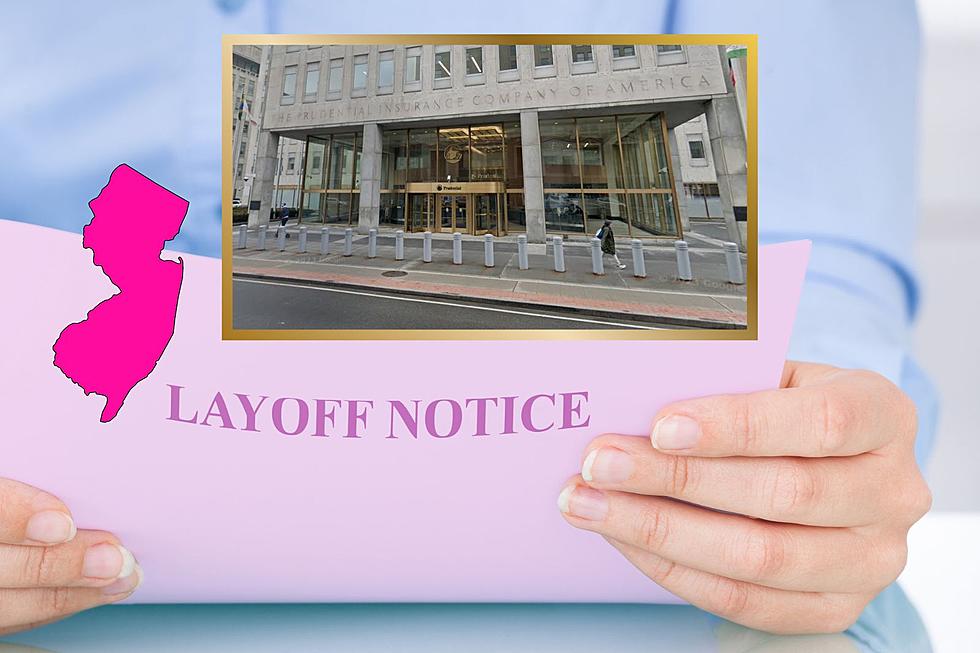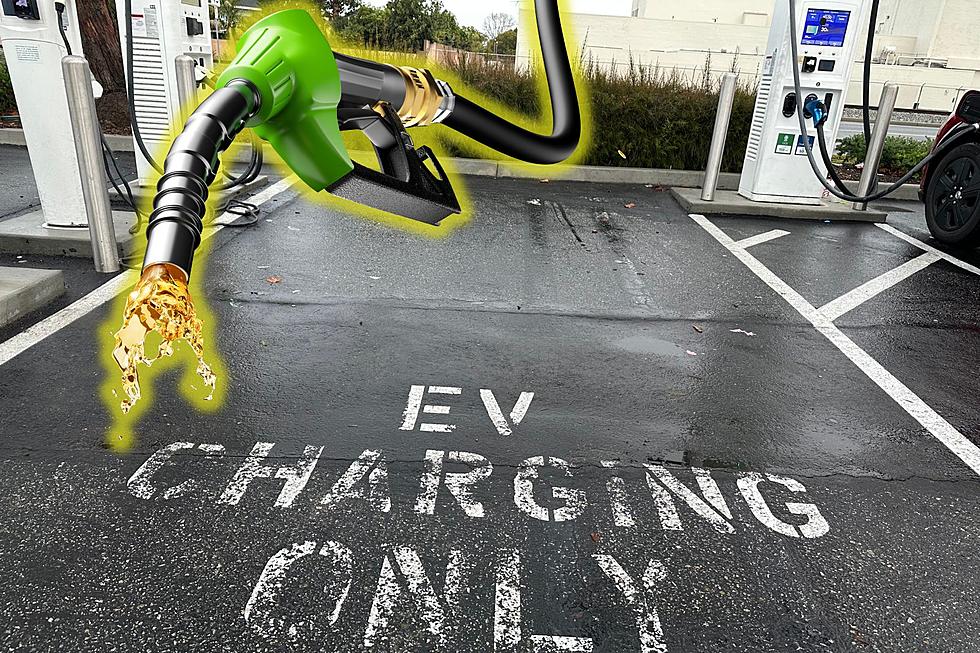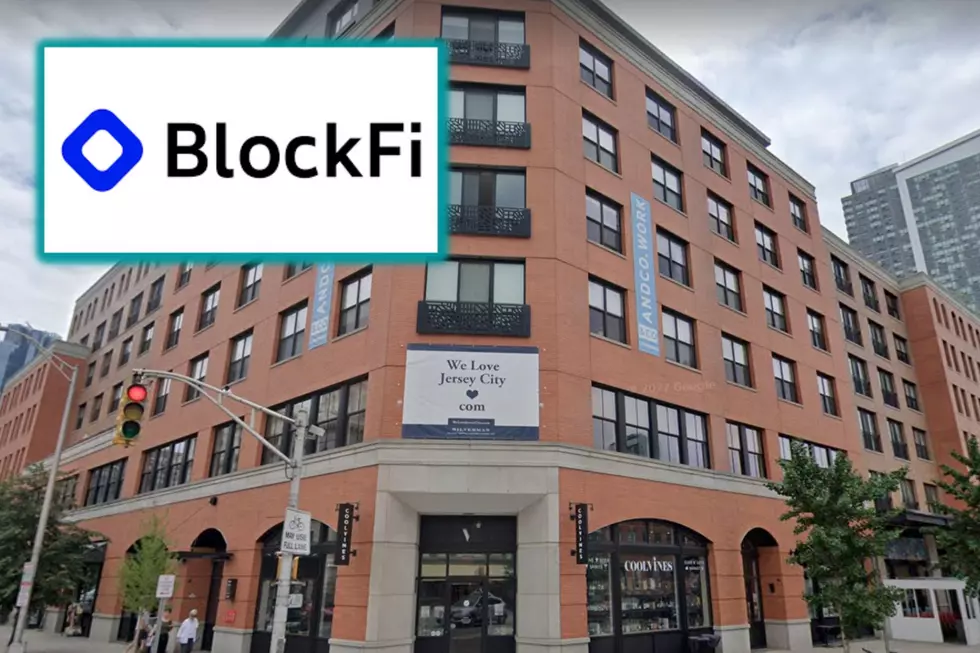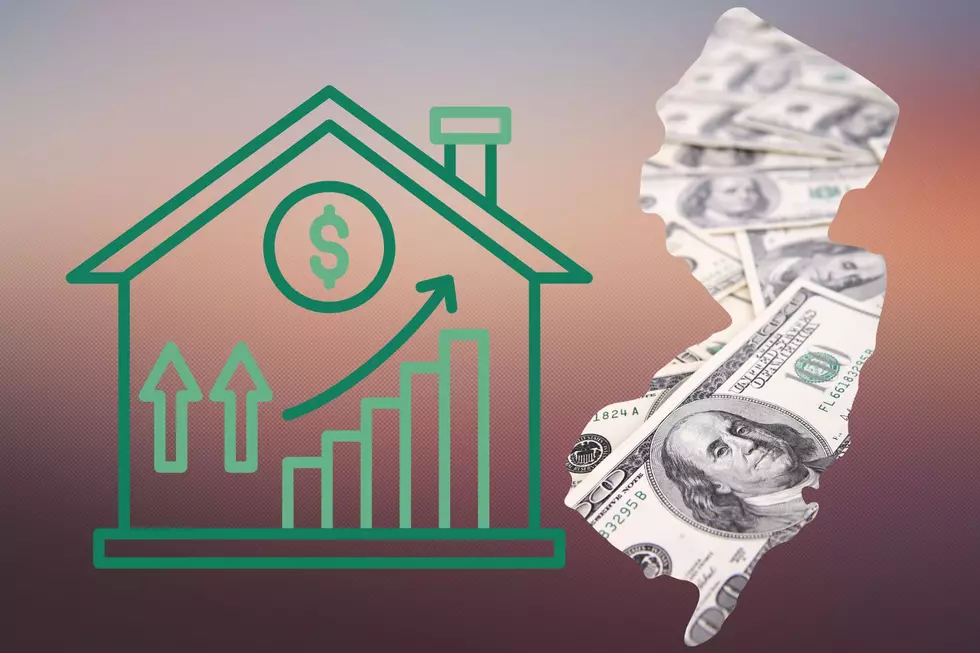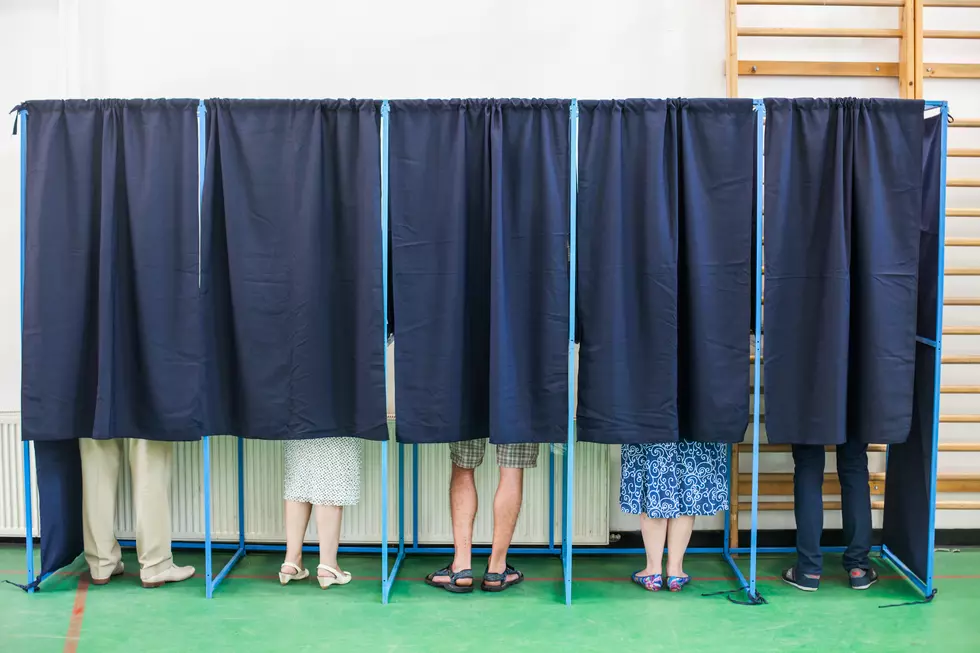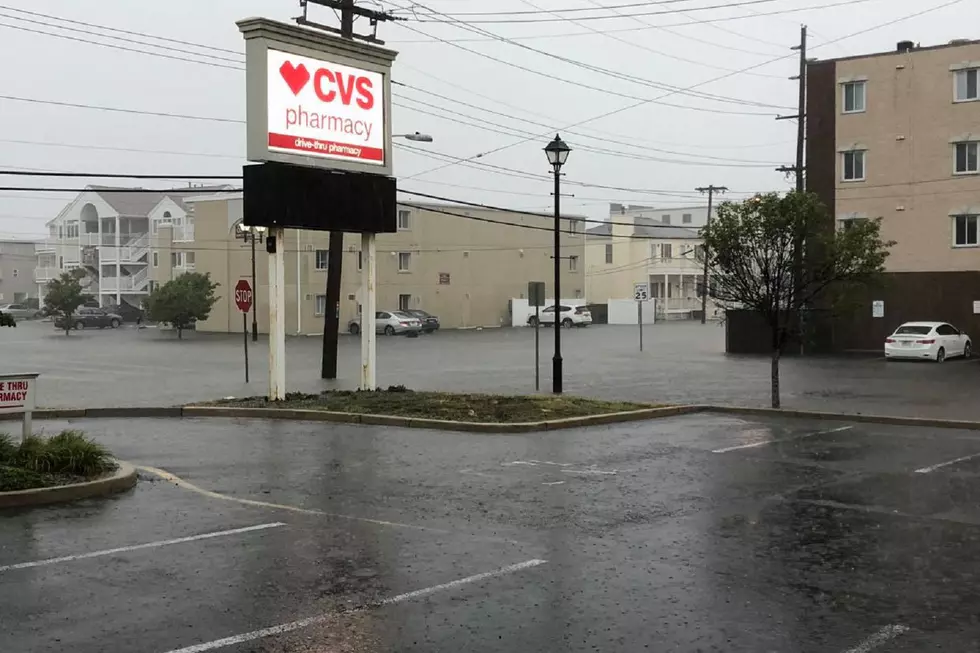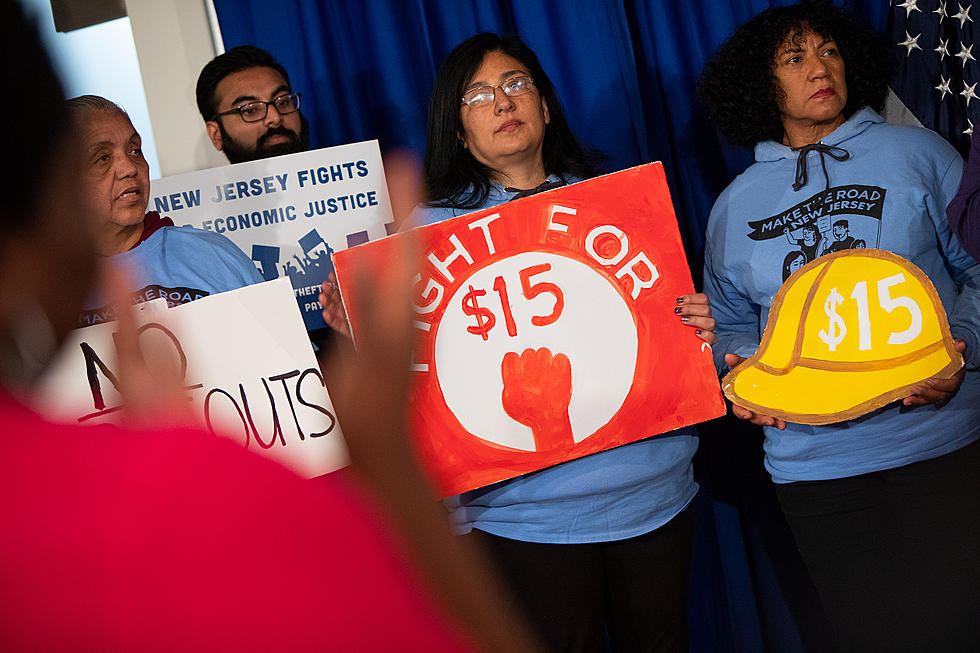
After Minimum Wage Hike, NJ Considers Tax Breaks for Hiring Teens
The six-step increase of New Jersey’s minimum wage that will raise it to $15 an hour in 2024 is already having an impact on the state budget that could grow later this year.
The new state budget includes $88 million to boost wages for people who work with the elderly, work at subsidized child-care facilities, or who work with people with developmental or intellectual disabilities. This is to keep pay for workers at state-contracted entities ahead of the state’s wage floor.
Next up could be tax credits to employers to encourage them to keep hiring young workers.
“One of the unintended consequences of increasing the minimum wage is the unexpected decrease in the employment of young people,” said Mike Wallace, vice president of government affairs for the New Jersey Business and Industry Association. “As the minimum wage increases, employers are going to be less likely to hire youth workers with limited skills, so this bill would just make it feasible for an employee to hire people under the age of 18.”
A bill endorsed last month by the Senate Labor Committee, S3483, that Wallace said is likely to be considered by the Legislature in the fall would provide employers refundable tax credits they could use to offset business or income taxes. Combined, the credits could reach $10 million a year.
“The bill would provide an employer with a refundable tax credit against the corporate business tax or the gross income tax, for the extra wages and payroll taxes paid to a worker under the age of 18,” said Wallace.
The law that increased the minimum wage includes $10 million in annual tax credits for employers with workers with disabilities.
The minimum wage increased from $8.85 an hour to $10 on July 1. It will increase by $1 each Jan. 1 for the next five years, reaching $15 an hour at the start of 2024. It will then continue to increase to keep pace with inflation.
When the minimum wage was being debated in the Legislature, there was consideration given to excluding youth workers, but the idea was shelved. There are still some places that are not required to pay minimum wage, such as boardwalk and other seasonal amusements, summer camps and libraries.
Wallace indicated the first impacts of the increased minimum wage on employment could be experienced beginning next year.
“What we’ve seen in other states is between $11 and $12.50 is where we see the biggest negative impact on minimum wage employees,” Wallace said.
In arguing last year against the idea of exempting teens from the minimum wage increase, progressive advocacy groups such as the National Employment Law Project cited research showing minimum wage hikes have a negligible impact on teen employment.
More From WPG Talk Radio 95.5 FM
